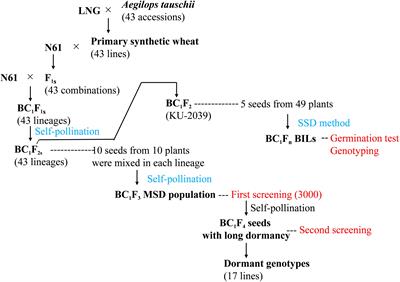EDITORIAL
Published on 19 Jul 2024
Editorial: Applications of fast breeding technologies in crop improvement and functional genomics study
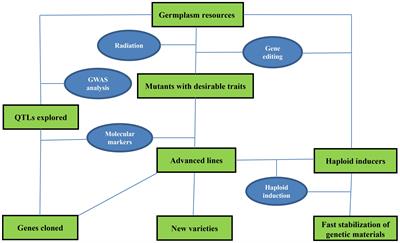
doi 10.3389/fpls.2024.1460642
- 813 views
9,737
Total downloads
38k
Total views and downloads
Select the journal/section where you want your idea to be submitted:
EDITORIAL
Published on 19 Jul 2024

ORIGINAL RESEARCH
Published on 16 May 2024
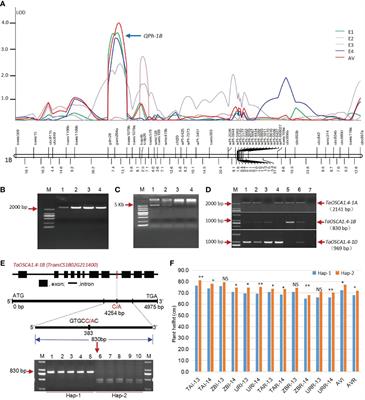
ORIGINAL RESEARCH
Published on 08 May 2024
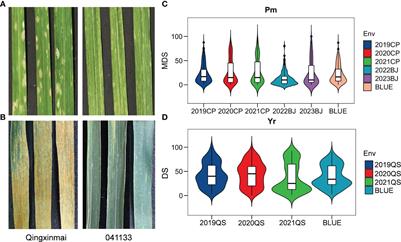
ORIGINAL RESEARCH
Published on 01 May 2024
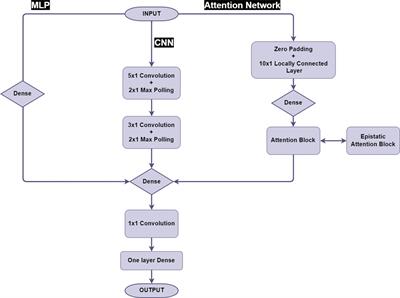
REVIEW
Published on 19 Apr 2024
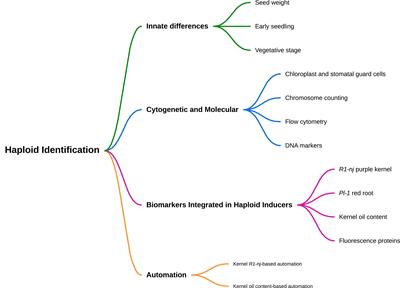
ORIGINAL RESEARCH
Published on 19 Apr 2024
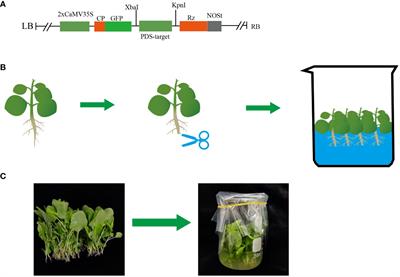
ORIGINAL RESEARCH
Published on 25 Mar 2024
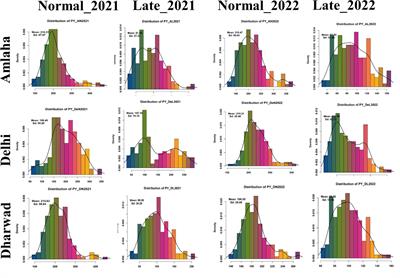
ORIGINAL RESEARCH
Published on 22 Mar 2024
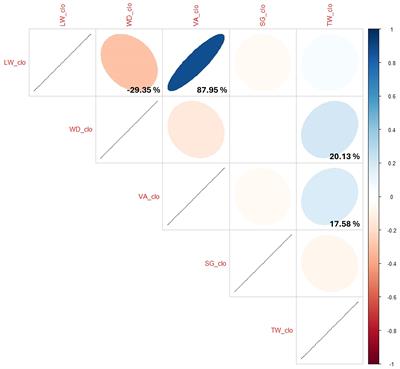
ORIGINAL RESEARCH
Published on 19 Mar 2024
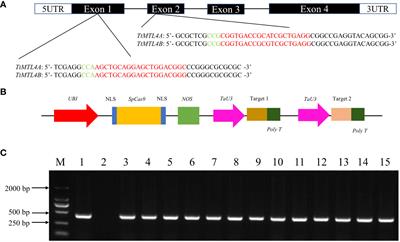
ORIGINAL RESEARCH
Published on 02 Feb 2024
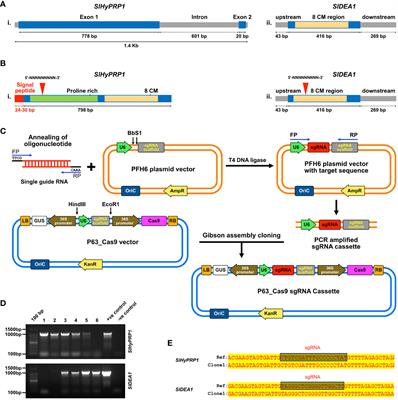
ORIGINAL RESEARCH
Published on 01 Feb 2024
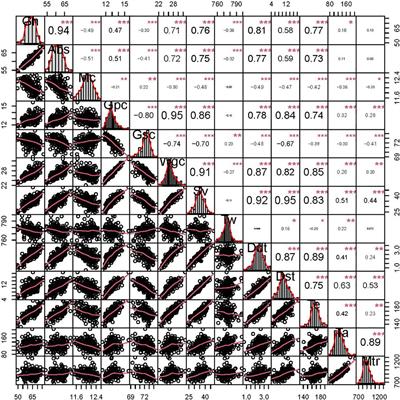
ORIGINAL RESEARCH
Published on 30 Nov 2023
